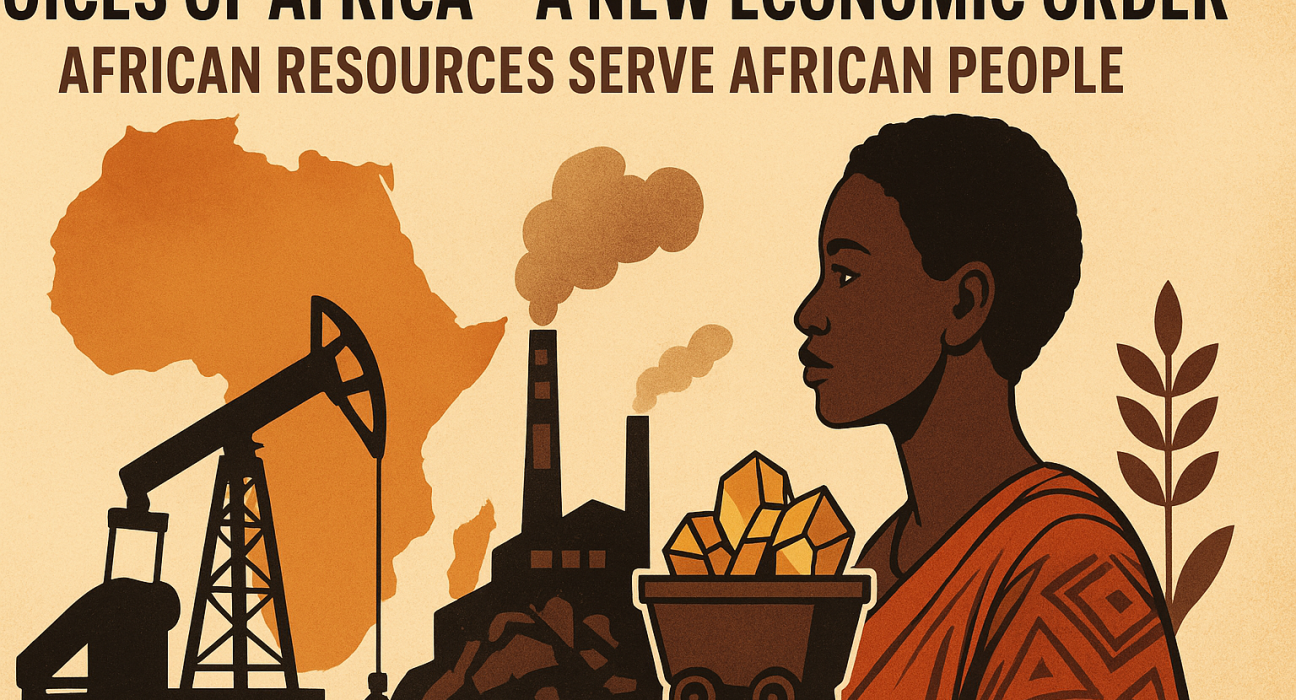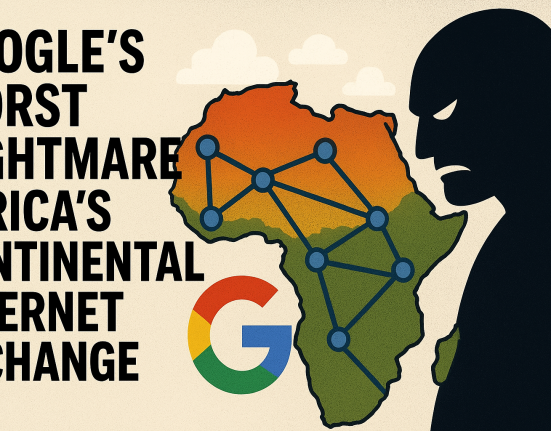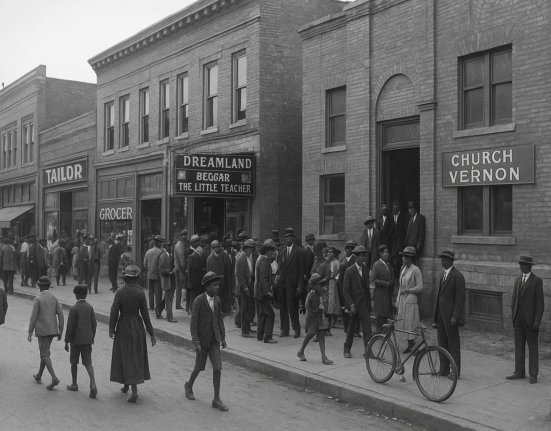Across the African continent, conversations are growing louder about building a new economic order—one in which Africa’s natural wealth is harnessed primarily for the benefit of its own people. This emerging narrative, often referred to as “Voices of Africa,” seeks to reshape long-standing patterns of dependency and external control that have defined much of the continent’s economic history.
For centuries, Africa has been a major source of vital resources: gold, oil, diamonds, rare earth minerals, fertile farmland, and cultural heritage. Yet, for many African nations, the wealth derived from these resources has not translated into broad prosperity. Instead, unequal trade relationships, debt structures, foreign ownership of key industries, and capital flight have often meant that profits leave the continent while local communities see little improvement in livelihoods.
The call for a new economic order reflects a growing consensus among African leaders, economists, and grassroots movements that the existing system must evolve. Rather than being primarily exporters of raw materials, African nations are seeking greater control over value chains—processing, manufacturing, and innovation—so that more wealth remains within the continent. By adding value domestically, nations aim not only to increase revenues but also to create jobs, build industries, and strengthen sovereignty.
Regional integration is one pathway being explored. The African Continental Free Trade Area (AfCFTA), now the largest free trade area in the world by population, is designed to lower barriers among African states and foster intra-African trade. Advocates argue that this kind of collaboration could reduce dependence on external markets and strengthen African bargaining power globally. If successful, it may help African economies negotiate from a position of unity rather than fragmentation.
At the same time, voices within Africa stress the importance of ensuring that economic growth is people-centered. The principle that “African resources serve African people” emphasizes equitable distribution, community ownership, and sustainable development. This perspective urges governments and corporations alike to consider not only national GDP but also the lived realities of citizens—access to clean water, education, healthcare, and opportunities for youth.
Challenges remain significant. Structural inequalities persist, and the global economy still often favors those with more capital, technology, and geopolitical influence. Corruption, political instability, and infrastructure deficits within some nations further complicate progress. However, advocates of a new African economic order believe that these challenges are not insurmountable. Through stronger governance, investment in human capital, and continental solidarity, Africa can chart a path toward a more self-determined future.
In the end, “Voices of Africa” is less a single policy and more a collective vision: that Africa’s wealth should primarily uplift Africans, that development should be measured not only in profits but in dignity, and that the continent’s future should be shaped from within. It is a call for balance, fairness, and a reimagining of economic systems—an aspiration that Africa’s resources, both natural and human, can finally serve the people of Africa first.
AFRICA BANS RAW EXPORTS — The West Collapses, A New Order Rises — A powerful video commentary on Africa’s move to ban raw exports and reclaim economic control








Leave feedback about this
You must be logged in to post a comment.